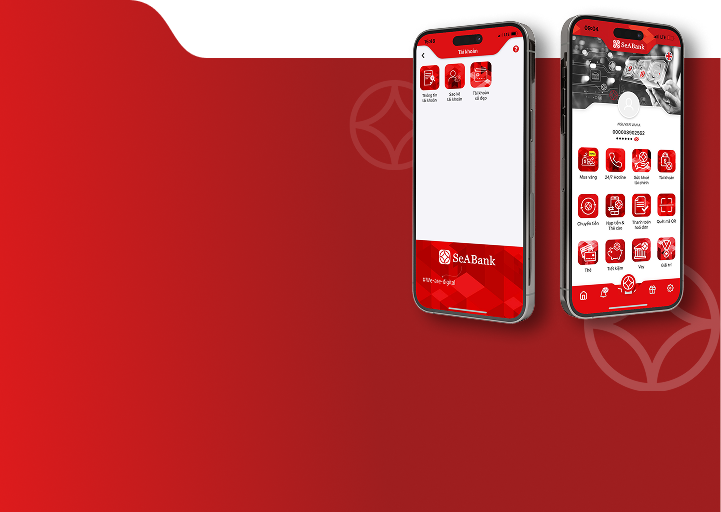News
Debit and credit cards: Which option is more optimal?
04/04/2025
Debit and credit cards are two popular types of cards today. Each card will have its own functions as well as advantages and disadvantages. Understanding the characteristics and differences of these two types of cards will help you make the optimal choice and use bank cards more effectively.
1. What are debit cards and credit cards?
To compare the differences between debit cards and credit cards, it is necessary to first clearly understand the concepts of these two types of cards. Specifically:
1.1. Debit card
Debit card is a type of payment card issued by a bank, allowing the cardholder to perform transactions such as withdrawing cash, paying for goods and services using the existing balance in the bank account linked to the card. In other words, you can only spend the amount that is already in your account.
There are 2 types of debit cards:
- Domestic debit card: Issued by domestic banks, mainly used domestically and issued by the Napas system.
- International debit card: Issued by domestic banks by card issuance system International (Visa, Mastercard, JCB,...) and can be used worldwide at international card acceptance points.
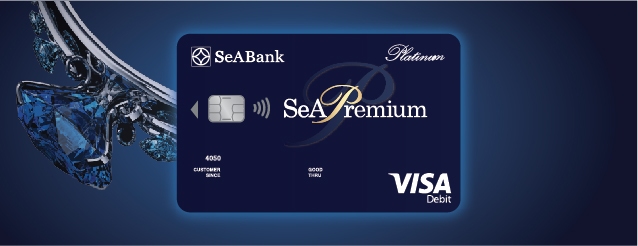
1.2. Credit card
Credit card is a type of payment card issued by banks, allowing cardholders to perform shopping and service transactions in advance and pay later within a certain period of time. In other words, when using a credit card, you are "borrowing" money from the bank to spend.
There are 2 types of credit cards:
- Domestic credit card: Is a card product that performs domestic transactions.
- International credit card: The scope of card usage is wider, cardholders can make transactions in all countries that accept international cards.
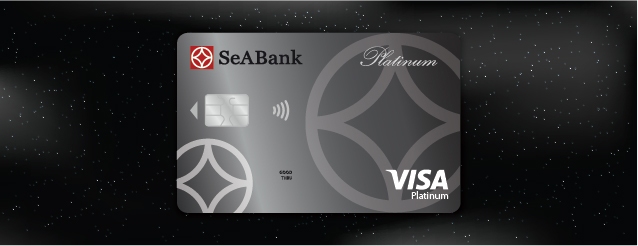
2. Distinguish between credit cards and debit cards
Credit cards and debit cards have similarities and also certain differences. Specifically as follows:
2.1. Common points between credit cards and debit cards
Debit cards and credit cards have the following similarities:
- Card structure: All have parts such as: chip, magnetic strip, card number, cardholder name, expiration date, CVV/CVC code.
- All are non-cash payment methods: Both credit and debit cards have payment functions at point of sale/POS machines, help customers Make shopping transactions and pay for services quickly and conveniently, instead of carrying a lot of cash.
- Can be used to withdraw cash: Depending on the card type and bank policies, both credit and debit cards allow you to withdraw cash at ATMs. However, cash withdrawal fees and withdrawal limits may vary.
All payments can be made online: Both types of cards are accepted for online payments on shopping, ticket booking, bill payment websites,..
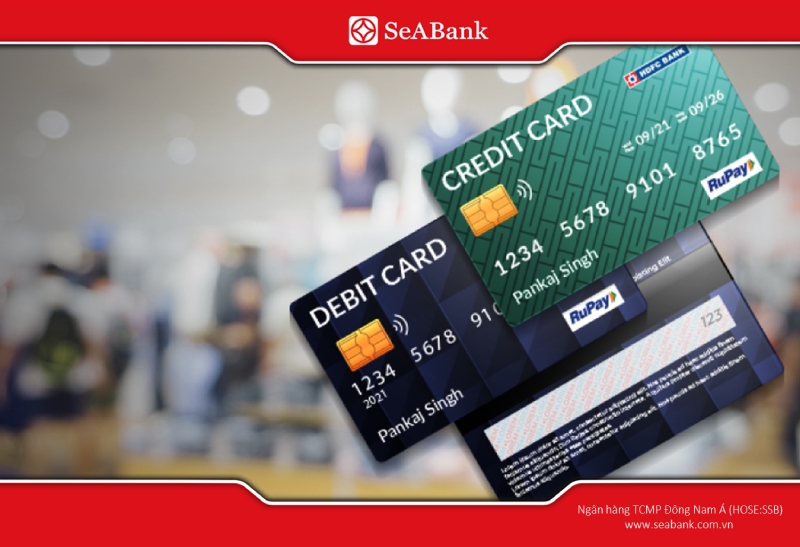
2.2. Difference between credit cards and debit cards
Credit cards and debit cards have many differences. Understanding this difference will help you make the right choice.
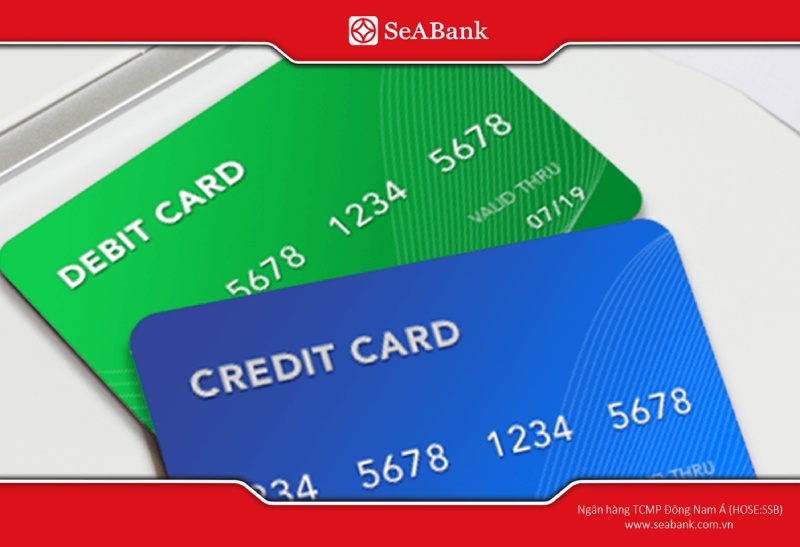
3. Advantages and disadvantages of credit and debit cards
From the above comparisons of the similarities and differences between credit cards and debit cards, each card will have its own advantages and disadvantages. Specifically as follows:
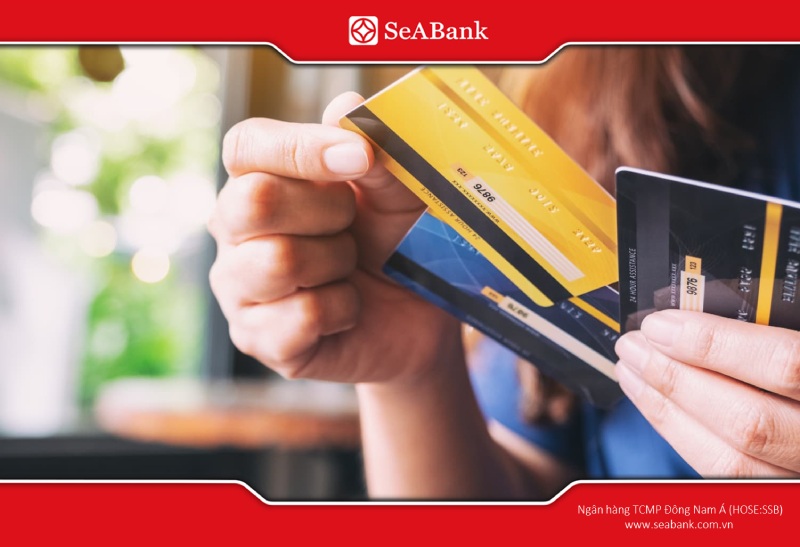
4. You should choose to use a credit card or debit card
Demand Opening a debit or credit card for each customer will depend on each customer's needs. If customers only need to pay for basic daily needs and want to proactively use their own money, they should use a Debit card.
If you want to own a flexible card, always have a clear financial plan, have a stable source of income and want to take advantage of capital from the bank, you should use Credit card (Credit card).

5. Opening SeABank credit and debit cards is simple, with many attractive incentives
SeABank is one of the prestigious joint stock commercial banks in Vietnam and is trusted by many customers to choose to open credit and debit cards. Opening a card at SeABank has easy conditions, simple procedures and a good security system to help customers feel secure in using the card.
5.1. Open a debit card
Opening a domestic debit card or international debit card at SeABank, customers will receive many great benefits because of its extensive transaction network, convenient withdrawals, payments, and transfers.
- Condition: Customers aged 18 and over.
- Form: Open card directly at the transaction counter and open card online on internet banking.
- Endow: Earn interest on card account balance.
5.2. Open a credit card
- Simple conditions: Customers 18 years old or older, can prove income or open a card for customers under 18 years old in the form of a secondary credit card through the main card requested by the account owner.
- Form: You can open a card in many flexible ways, opening a card online, opening a card at the transaction counter.
- Great incentives when opening a credit card at SeABank: Countless attractive incentives for each card type. For example: SeALady Cashback international credit card, customers receive incentives such as: free issuance and lifetime annual fee refund, refund of all payment transactions up to 2%, discounts up to 70% at partners...
You can refer to more information about these endow credit card, debit cards to get the optimal choice for yourself.

So, debit and credit cards have their own characteristics, advantages and disadvantages. Understanding each type of card will help you make the most suitable choice. If you want to learn more about SeABank's cards or programs and products and services, you can contact the nearest transaction points or call Hotline 1900 555 587 or visit the website. www.seabank.com.vn for more information chi details.
Related News
How much is 14K gold? Update the latest 14K gold price 2025 28/11/2025
What is 7749? Decoding the meaning from folk concept to Gen Z language 28/11/2025
How much is 10K gold? Update the latest 10K gold price 2025 28/11/2025
How much is 1 million Chinese Yuan in Vietnamese Dong? Update the latest CNY exchange rate 28/11/2025
What is 750 White Gold? All About Price and Features 28/11/2025
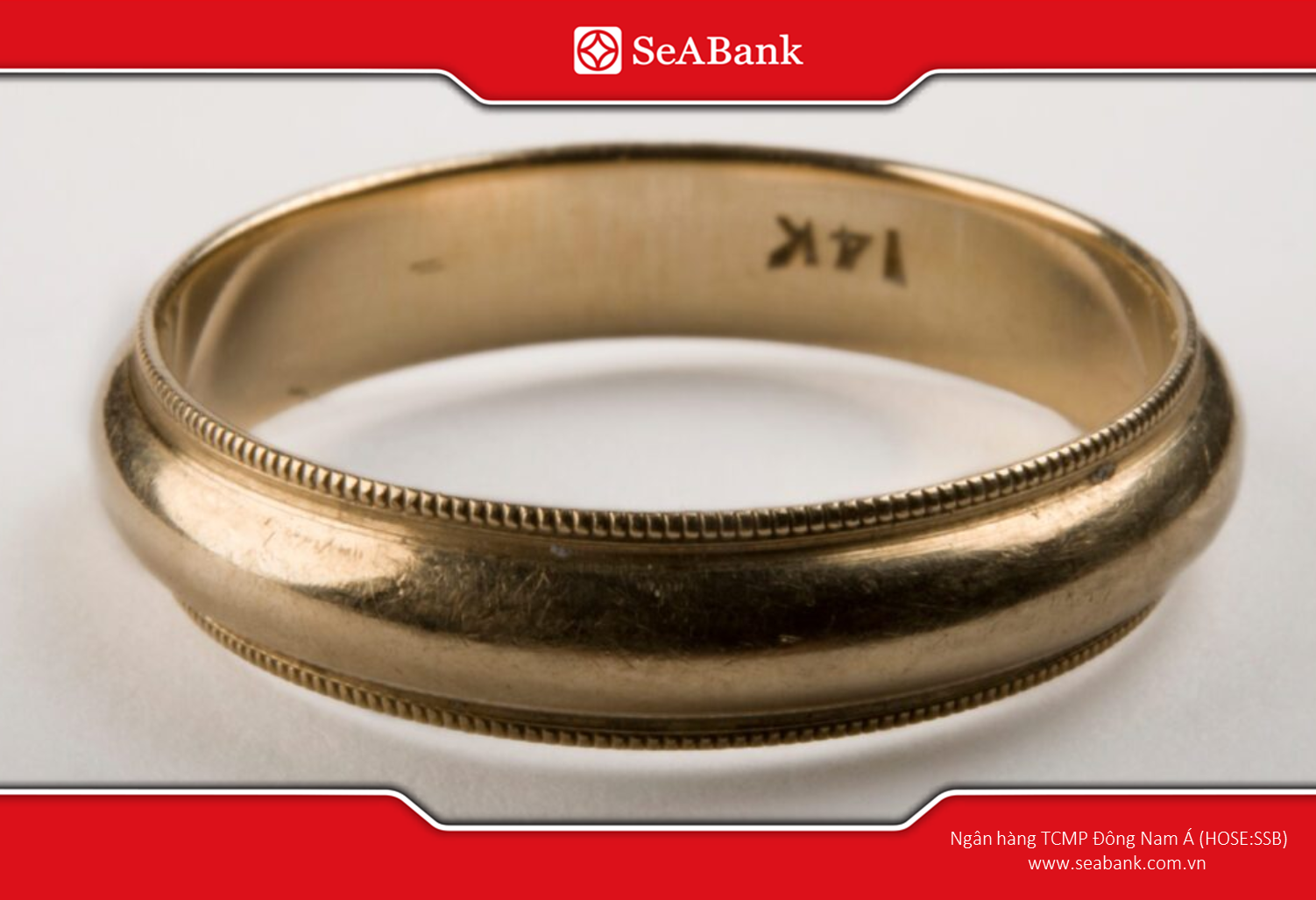
How much is 14K gold? Update the latest 14K gold price 2025
How much is 14K gold today? Update the latest 14K gold buying and selling prices in 2025 and instructions for converting 1 tael of 14K gold.
28/11/2025
Read more
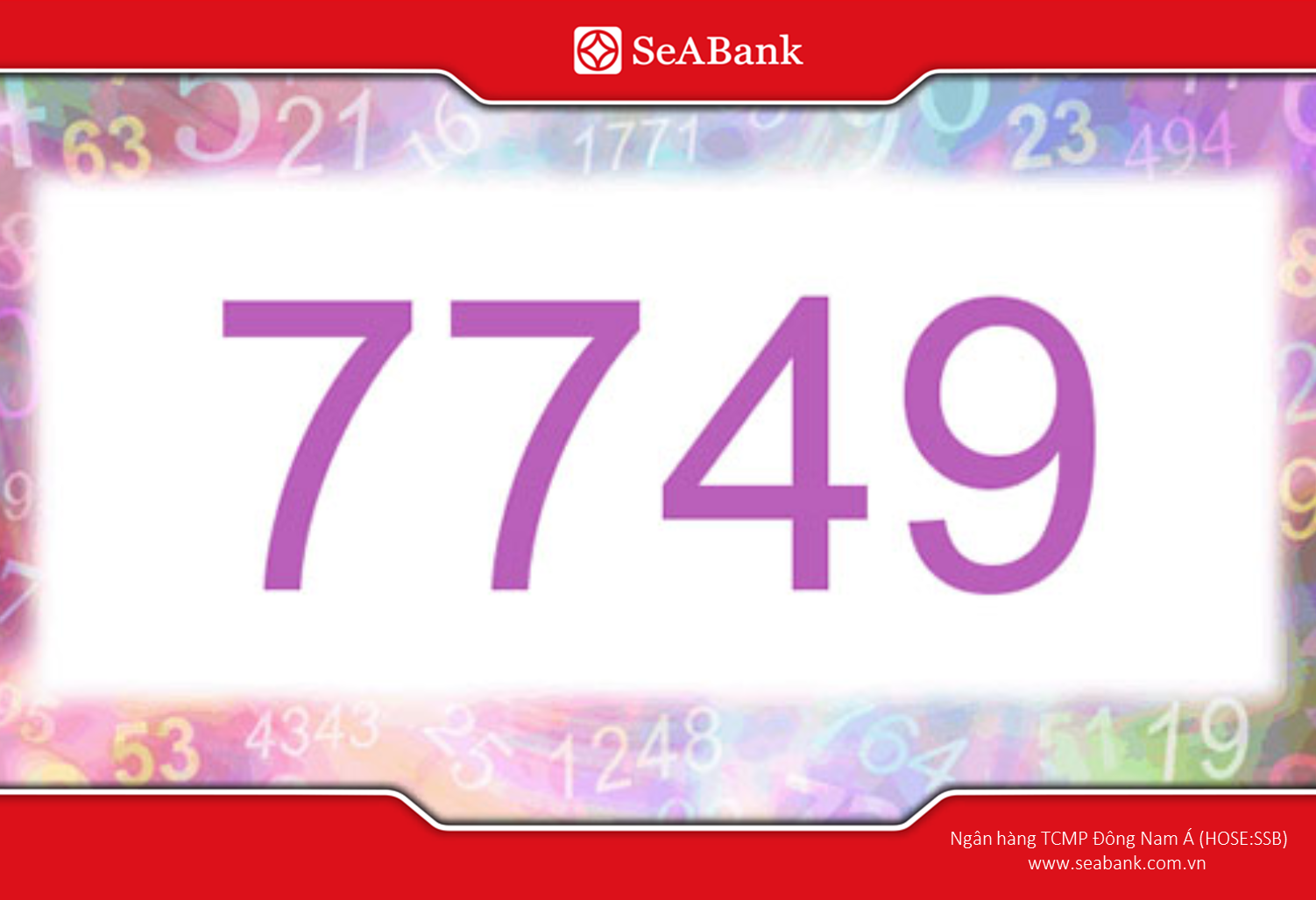
What is 7749? Decoding the meaning from folk concept to Gen Z language
Discover the meaning of number 7749 from folk beliefs to Gen Z language and how to choose a beautiful, feng shui-compliant account number at SeABank.
28/11/2025
Read more
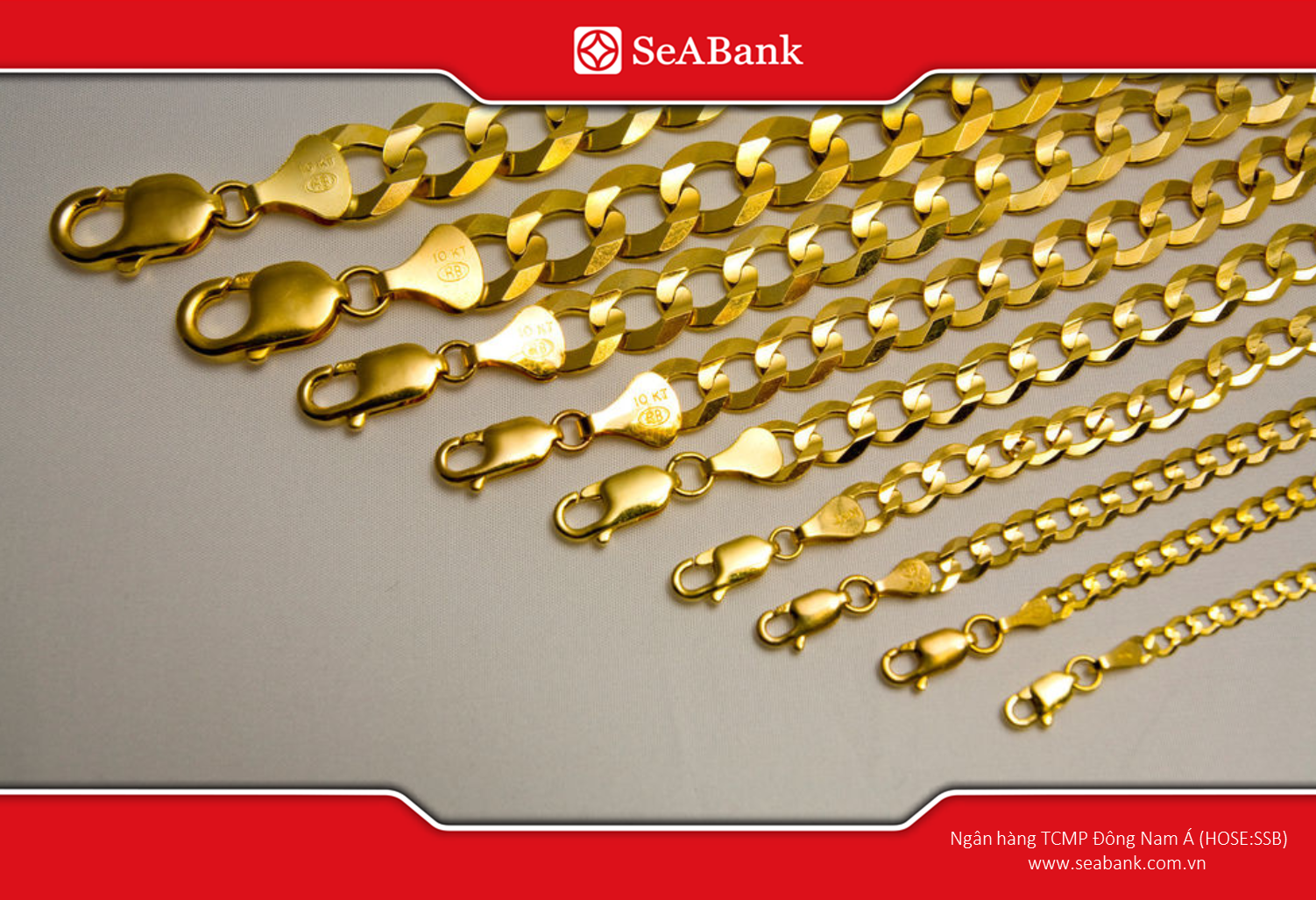
How much is 10K gold? Update the latest 10K gold price 2025
How much does 10K gold cost? Learn more about 10K gold - the most durable and cheapest gold, suitable for everyday jewelry.
28/11/2025
Read more





